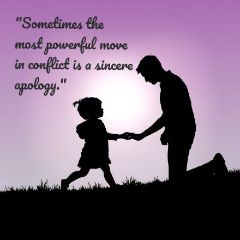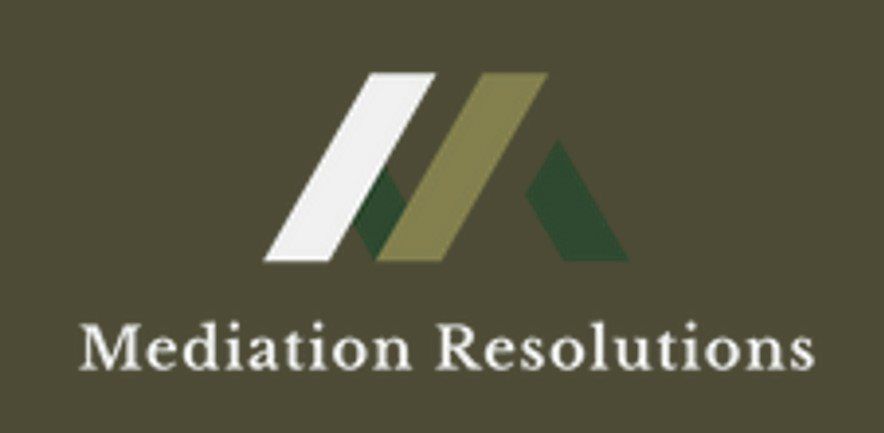Disagreements are a natural part of any working relationship — whether with colleagues, clients, or partners. And while mediation is an important tool when things go wrong, it’s often possible to avoid getting to that point by being proactive, self-aware, and open to taking responsibility where needed.
In my experience, many disputes could have been avoided if someone — often including myself — had paused earlier, listened more closely, or been clearer from the start. Here are a few things I’ve learned that help reduce the likelihood of conflict and make working relationships stronger and more resilient.

A Quick Story
A few years ago, I worked with a client on a long-term project. Things were going well — until they weren’t. Deadlines started to slip, emails went unanswered, and tension built up fast. I found myself getting frustrated and defensive, feeling like they weren’t holding up their end of the deal.
But when I finally paused to reflect, I realized I had never clearly communicated some key expectations. I had assumed we were aligned — but hadn’t confirmed it. I also hadn’t checked in when things first started feeling off. Instead, I let the tension simmer until we were both on edge.
So, I picked up the phone and said, “I think I dropped the ball in how I set expectations early on, and I’m sorry for any confusion that’s caused.” That one sentence changed everything. They softened instantly, admitted they had been struggling with bandwidth, and we were able to reset the project on clearer terms — without ever needing a formal dispute resolution process.
It was a humbling reminder: sometimes the best way to avoid conflict is to own your part early.
1. Check In With Yourself First
Before reacting to a disagreement, I’ve learned to ask: What’s really going on for me here? Sometimes frustration comes from feeling unheard, overworked, or misunderstood. Taking a moment to reflect can help shift from blame to understanding.
2. Communicate Clearly — and Kindly
Clarity doesn't have to come at the cost of kindness. Being clear about expectations, timelines, or boundaries is one of the most respectful things we can do — for ourselves and others. When I’ve let assumptions go unspoken, confusion often followed.
3. Take Responsibility for Your Part
It’s rarely all one person’s fault. Even in situations where I felt wronged, I’ve usually been able to see some part I played — whether by not speaking up sooner, not setting clear boundaries, or not listening deeply enough. Owning my part can de-escalate tension quickly.
4. Address Concerns Early, Before They Build
In the past, I sometimes avoided small tensions, hoping they'd resolve themselves. They usually didn’t. When I’ve found the courage to raise issues early — with openness, not accusation — it’s almost always led to better outcomes.
5. Practice Listening to Understand, Not to Win
Real listening is hard — especially when emotions are involved. But when I’ve set aside the need to be “right” and really tried to understand the other person’s perspective, we often found common ground much faster than expected.
6. Be Willing to Apologize and Reset
A sincere apology can be powerful. Even a simple “I think I misunderstood you, and I’m sorry if I made things harder” can change the tone of a conversation. Taking initiative to reset can invite the same from others.
7. Focus on the Relationship, Not Just the Issue
Sometimes, in trying to “solve” the problem, I’ve lost sight of the relationship itself. But maintaining trust, respect, and goodwill often matters more than winning a point. When I’ve kept that in mind, the outcome tended to serve everyone better.
Final Thought
Conflict doesn’t always mean failure — but avoiding unnecessary conflict starts with self-awareness and a willingness to own our role in the dynamic. It takes courage, humility, and practice. But every time I’ve chosen that path, I’ve not only avoided a dispute — I’ve often strengthened the relationship in the process.
Need Support Navigating Difficult Conversations?
If you’re finding yourself in recurring conflict — or simply want to build better communication habits — We offer support through coaching, facilitation, and early conflict resolution. Sometimes a short conversation can shift a long-standing dynamic.
Feel free to contact us a discovery call, or reach out via email explore how we can work together.
Email: Info@mediationsolutions.org or call/text 1 (310) 499 2462







